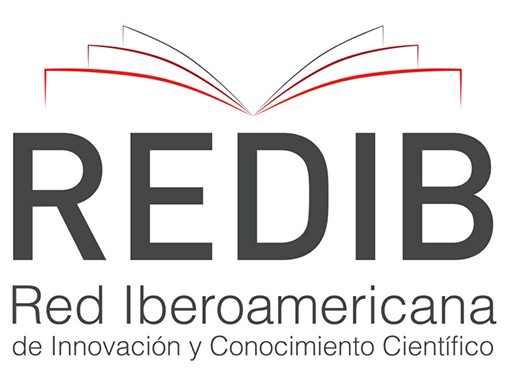WATER QUALITY OF SPRINGS AND WELLS IN PROPERTIES LOCATED IN RURAL AND PERI-URBAN AREAS FROM BOTUCATU REGION, SP, BRAZIL
Keywords:
Water quality, wells, springs, thermotolerant coliform bacteria, total coliform bacteria, phosphateAbstract
Water is an essential element to vegetal and animal life, and one of the most important vehicles of infectious diarrheal diseases. In this paper, the quality of water of 22 wells and six springs were analyzed in relation to its use, and in terms of the owner perception of the public health importance of water quality, aiming to determine the exposition level of the populations of risk studied. Three samples were collected from each water source for consecutive weeks. Samples were analyzed for total and thermotolerant (fecal) coliform bacteria, as well as for contamination with copper, phosphate and organochlorine content. Owners were interviewed in order to determine the type of treatment, and if samples have ever been collected and the water analyzed: 50% of the owners did not treat the water before use; 75% had little information about water quality and 86% did not know any waterborne diseases; as for use, 46% of the sources of water were for domestic use, irrigation and used as livestock / human drinking water. Results showed total coliform bacteria in 93% and thermotolerant coliform bacteria in 82% of water sources, associated with color and odor problems in the water. Copper and organochlorine were not detected; however, 53.6% of the water sources were contaminated with phosphates associated with the presence of particles. Water samples analyzed were considered to be unsafe for consumption and may pose an important public health risk.
Downloads
Published
How to Cite
Issue
Section
License

Este obra está licenciado com uma Licença Creative Commons Atribuição-NãoComercial 4.0 Internacional.











